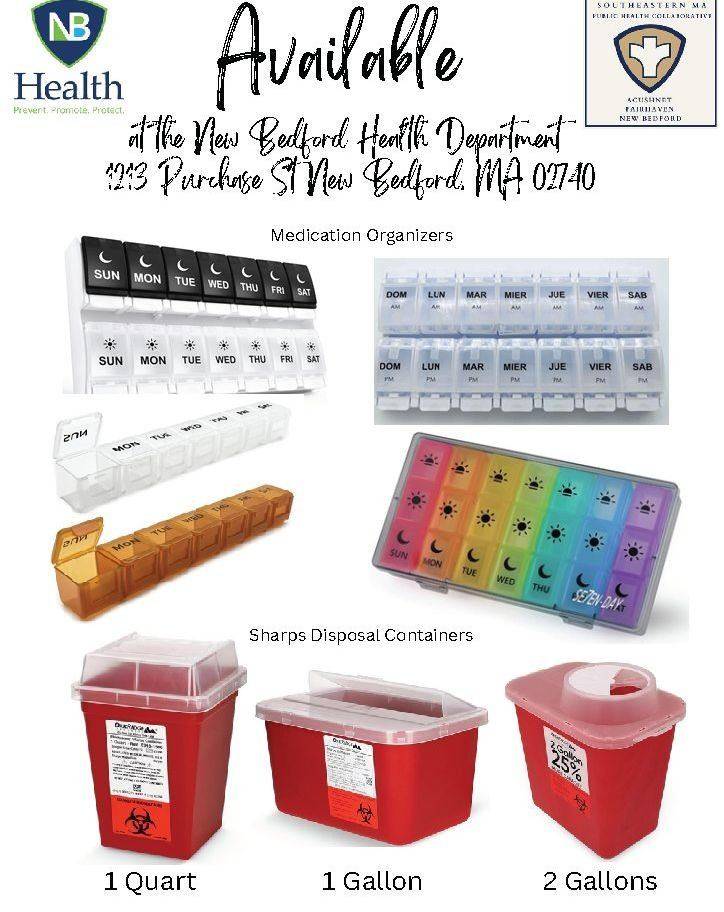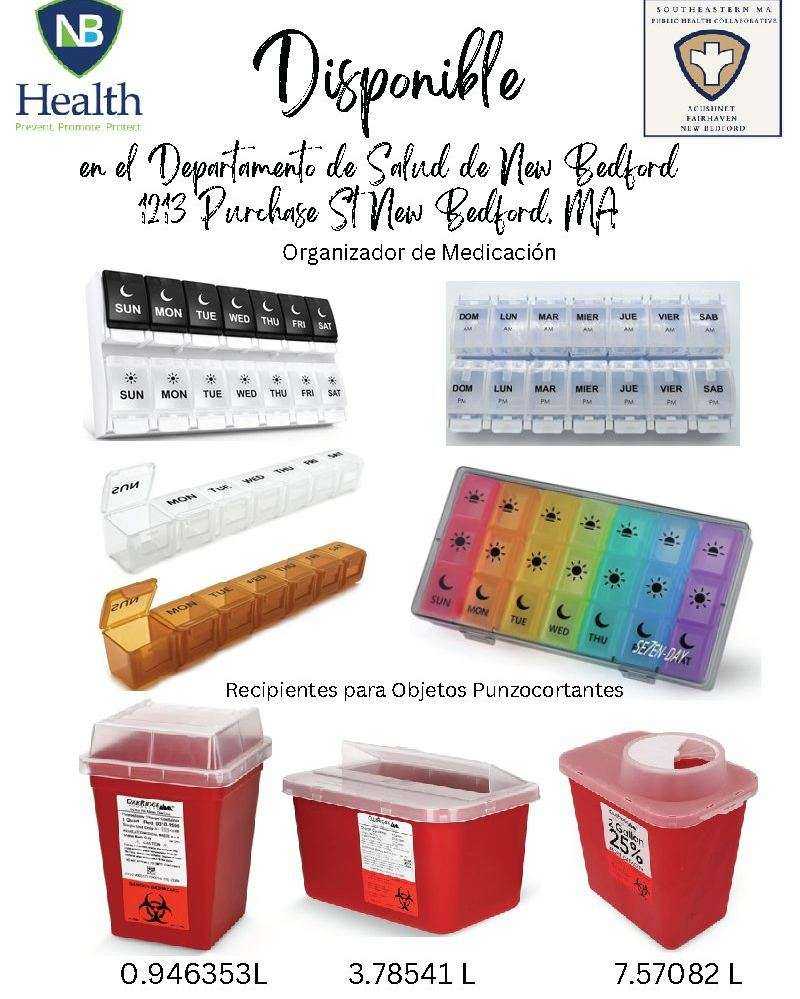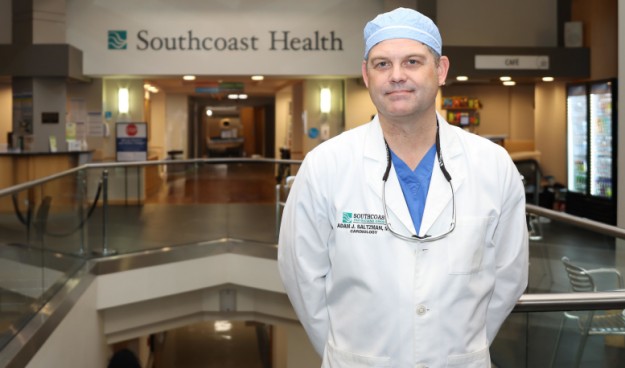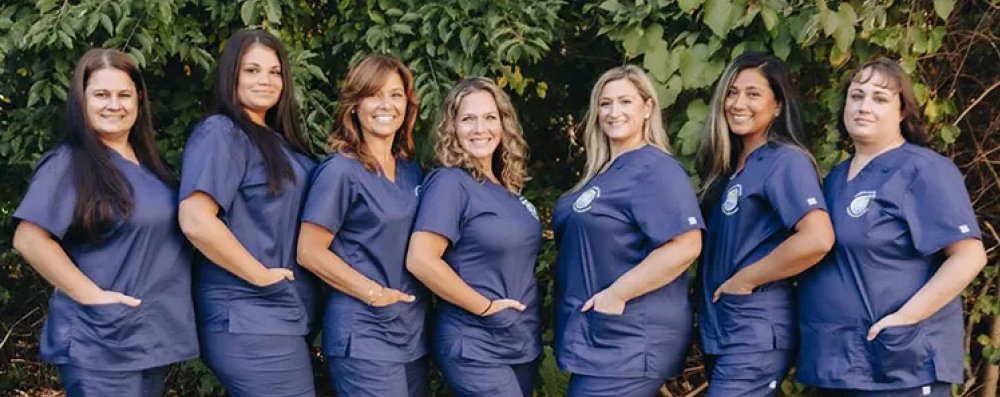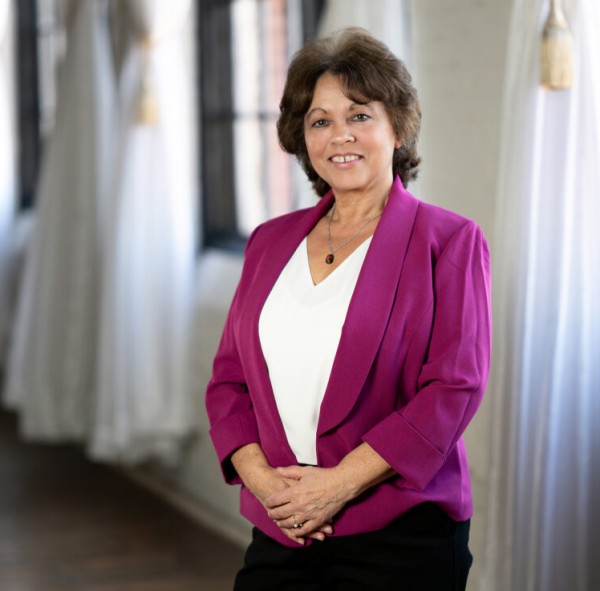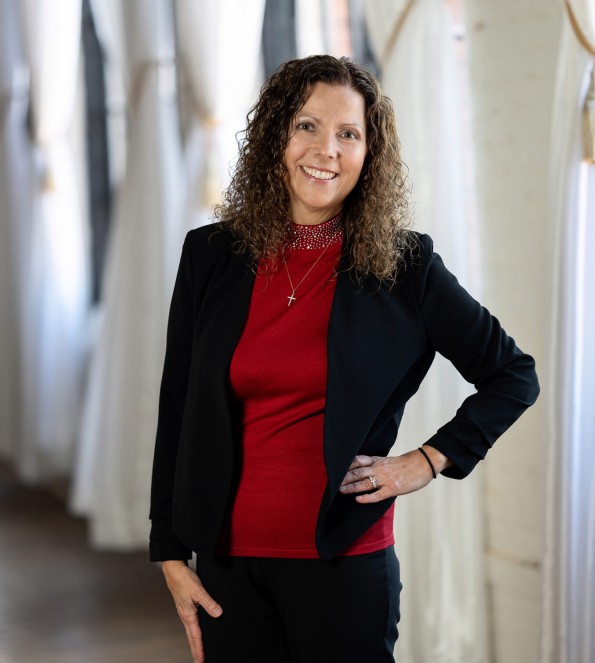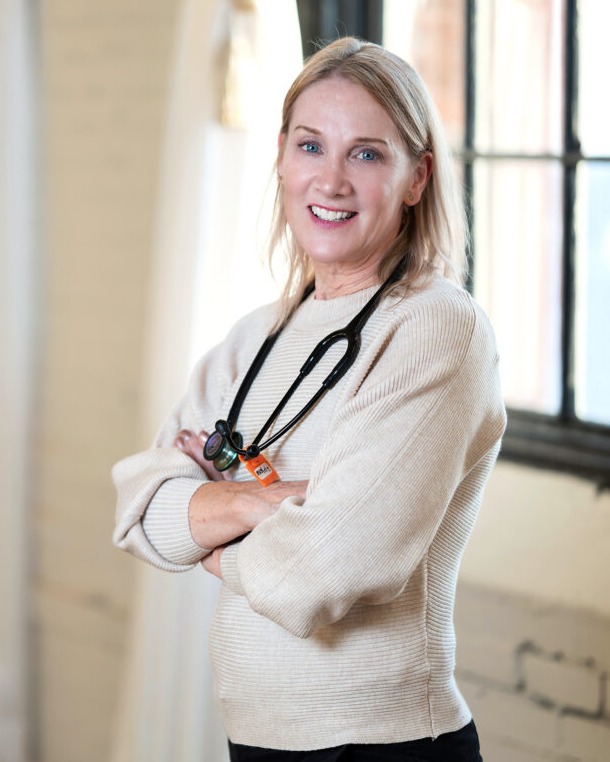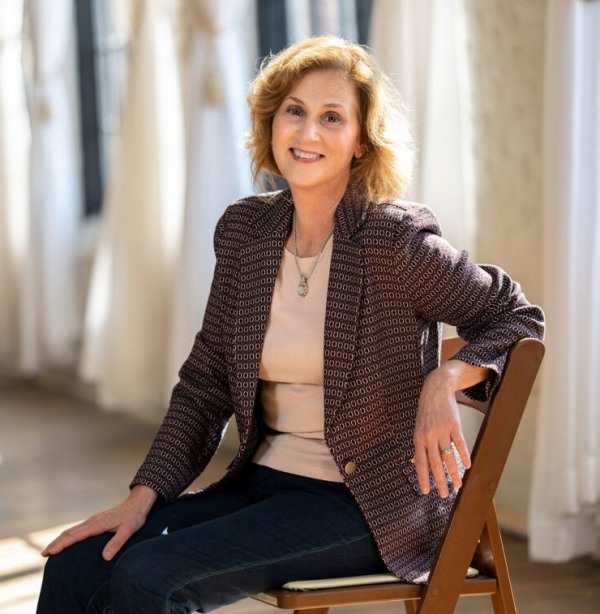“NEW BEDFORD, Mass. – Southcoast Health patients, providers, staff, donors and leadership gathered at a ribbon-cutting ceremony this morning to celebrate the completion of the brand new state-of-the-art Southcoast Health Pediatric Rehabilitation location at 4543 Acushnet Ave. in New Bedford.
This new location will begin seeing patients on Monday, March 25, 2024, and will accommodate over 31,000 patient visits each year as the most comprehensive pediatric rehabilitation program in the region.
“Today marks the culmination of a vision and a collaborative effort unmatched in our community,” said David O. McCready, President & CEO of Southcoast Health at the event. “Last fall, when we learned this program would need to vacate our leased location, we acted immediately and made the commitment to ensure these critical services would continue, without interruption, for thousands of children in the South Coast region. I want to thank the Board of Trustees, our design and construction team, the city of New Bedford and most importantly our pediatric rehabilitation care team for their unwavering support and ongoing efforts to ensure there was not critical service gap for our patients who depend on this service.”
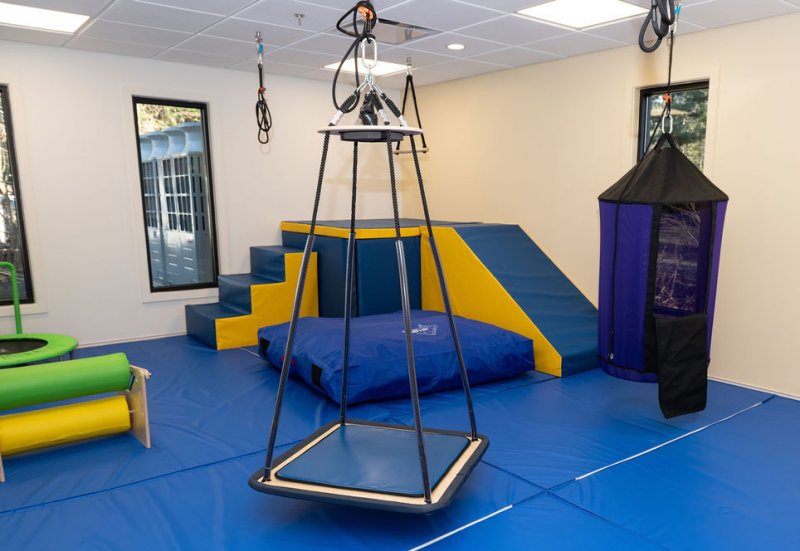
Southcoast Health photo.
Since October 2023, Southcoast Health expediently invested more than $4 million to build and renovate a state-of-the-art 5,500 sq. ft. facility that includes treatment rooms, three physical therapy rooms and ample clinical support space.
Averaging more than 80 patients per day, the program staffs 34 professional therapists from a variety of disciplines including physical therapy, occupational therapy, and speech-language pathology delivering services to families six days per week.
“This is an incredible achievement for our community to be able to open a dedicated and specialized space for pediatric rehabilitation,” said Tonya Johnson, Senior Vice President and Chief Operating Officer for Southcoast Hospitals Group. “These services are life changing and we know how much it means for families and patients to be able to receive care where they live without having to travel to Boston or Providence.”
“And as wonderful as the physical space is, it is the expert and caring staff and clinicians who care for this patient population who make the biggest difference. Now, because of this rehabilitation program, they have even more resources to offer,” Johnson added.
Patricia Krowel, the mother of a pediatric rehabilitation patient spoke at the event, sharing how these services have greatly benefited her family.
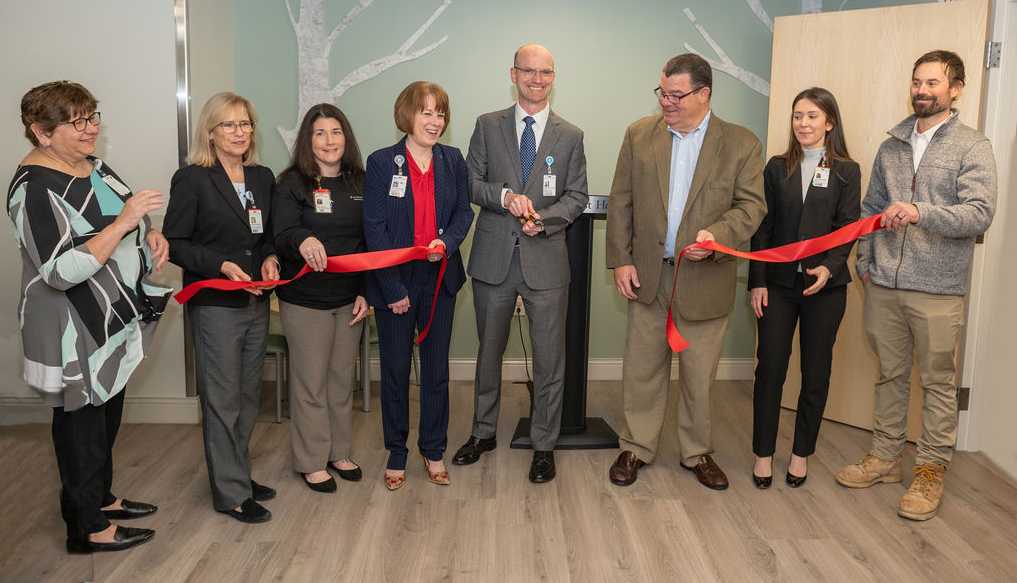
Southcoast Health photo.
“My daughter, Arianna, has been coming to this program at Southcoast since she was about one and a half years old. She survived a stroke in utero, and when we first found out, I didn’t know where to turn. At that time 9 years ago, I was referred to Southcoast Health. Because of this amazing program, she is able to walk, jump, use both of her hands together, and I am so thankful for all of her therapists who have been with her since she was a baby,” said Patricia.
“Now she still continues to do her best and is so proud to come to therapy and show them all of the things she can do. Each member of this team is so caring and they constantly think about the kids even when they are not here. I am so grateful for them and the services they provide for Arianna and many other children in our community.”
This new facility will serve patients from newborns up to young adults 22 years of age from throughout Southeastern Massachusetts and Southern Rhode Island.
“This program is a shining example of Southcoast Health’s commitment to our community,” said Donald Giumetti, Chair of the Board of Trustees for Southcoast Health. “Today we’re here to celebrate this ambitious project coming to fruition – and I, for one, couldn’t be prouder of how everyone came together to ensure we provide the best care for our patients close to home.”
To learn more about Southcoast Health’s Pediatric Rehabilitation Program please visit www.southcoast.org/locations/pediatric-rehab.
_________________________________________________________
About Southcoast Health
Founded in 1996, Southcoast Health serves communities across southeastern Massachusetts and Rhode Island as the largest provider of primary and specialty care in the region. The not-for-profit, charitable system includes three acute care hospitals – Charlton Memorial in Fall River, St. Luke’s in New Bedford (a Level II Trauma Center), and Tobey in Wareham, Massachusetts with a physician network of more than 675 providers.
The system has established more than 55 service locations across the South Coast of Massachusetts and Rhode Island, including six urgent care locations, a Visiting Nurse Association, the Southcoast Health Cancer Center, the region’s only Level II Adult Trauma Center and numerous ancillary facilities.
Southcoast Health has been recognized consecutively for six years in a row as a Newsweek’s World’s Best Hospital from 2019-2024 and named a Maternity Care Access Hospital for 2023-2024 by U.S. News & World Report. The organization was recognized as the best place to work for the sixth consecutive year by Southcoast Media Group’s community choice awards.
With upward of 7,500 employees, Southcoast Health is the largest employer in southeastern Massachusetts, and one of the largest employers in the Commonwealth, according to the Boston Business Journal. More information is available online at www.southcoast.org.“
